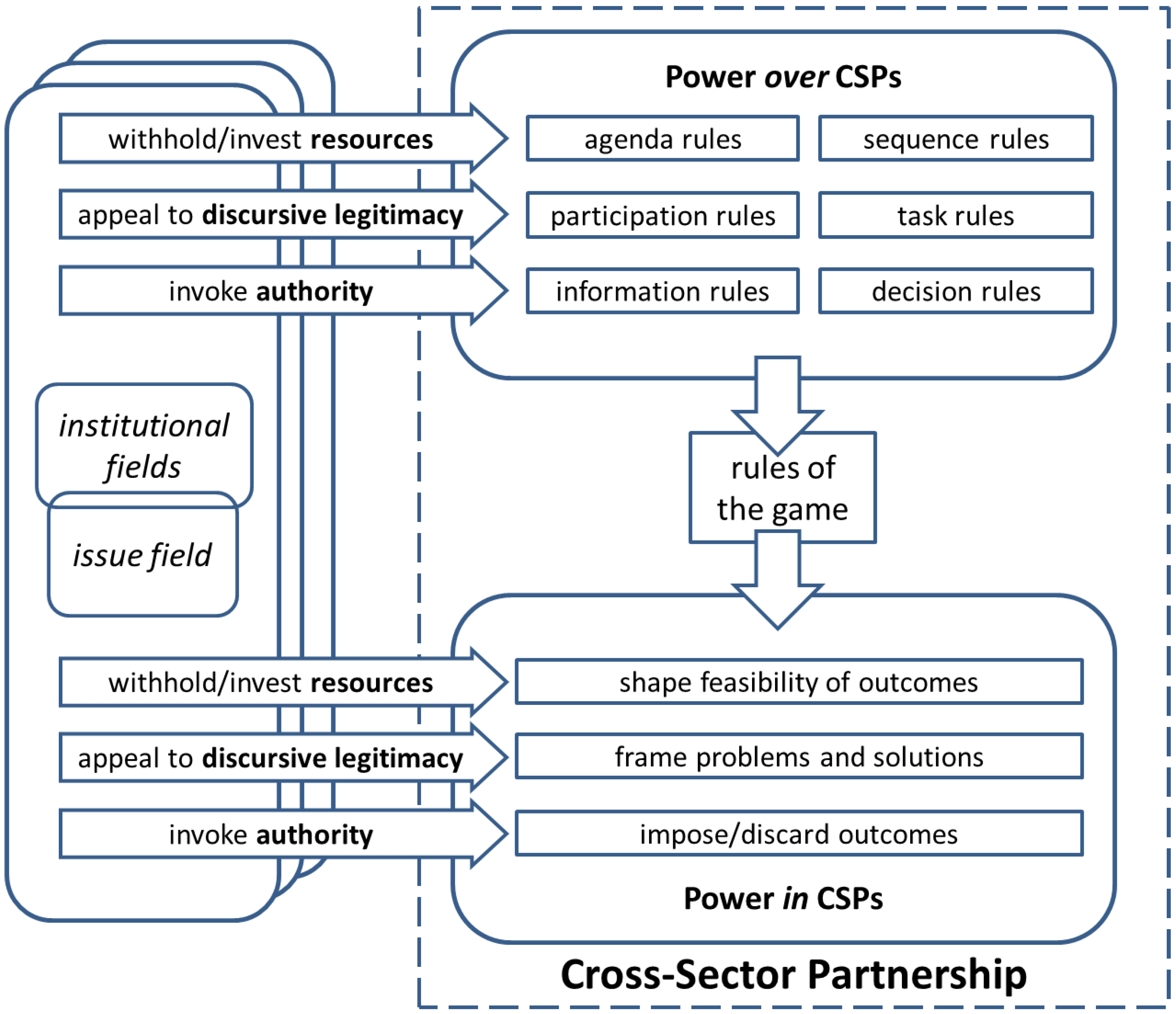Some time ago, Tim Stevens has published a paper on social media hypes as part of his PhD research.
Social media hypes about agro-food issues: Activism, scandals and conflicts
Abstract

Events and controversies in the agro-food domain frequently generate peak selective activity on social media. These social media hypes are a concern to stakeholders because they can affect public opinion and policy, and are almost impossible to predict. This study develops a model for analysing social media hypes and builds a typology to provide insights into the dynamics of social media hypes in the context of agro-food governance. Five cases of peak social media activity in the Dutch livestock sector are analysed along four dimensions: (1) peak patterns of activity, (2) issues and frames, (3) interaction of actors, and (4) media interplay. An analysis of the dimensions and the interrelations across cases shows that social media hypes revolve around activism, scandals, and conflicts – each with characteristic patterns of activity, framing, interaction and media interplay. Hypes do not just result from important events in the sector, but are generated through the use of organizing concepts with a hashtag to evaluate and establish occasions. Peak activity thus revolves around a few themes and is recurrent and judgmental. Moreover, stakeholders play an active role in instigating and framing social media hypes. Our results show the need to adopt a proactive and interactive approach that transcends the view of social media as a mere communication channel to respond in crisis situations.
Stevens, T. M., Aarts, N., Termeer, C. J. A. M., & Dewulf, A. (2018). Social media hypes about agro-food issues: Activism, scandals and conflicts. Food Policy, (February).
https://doi.org/10.1016/j.foodpol.2018.04.009




